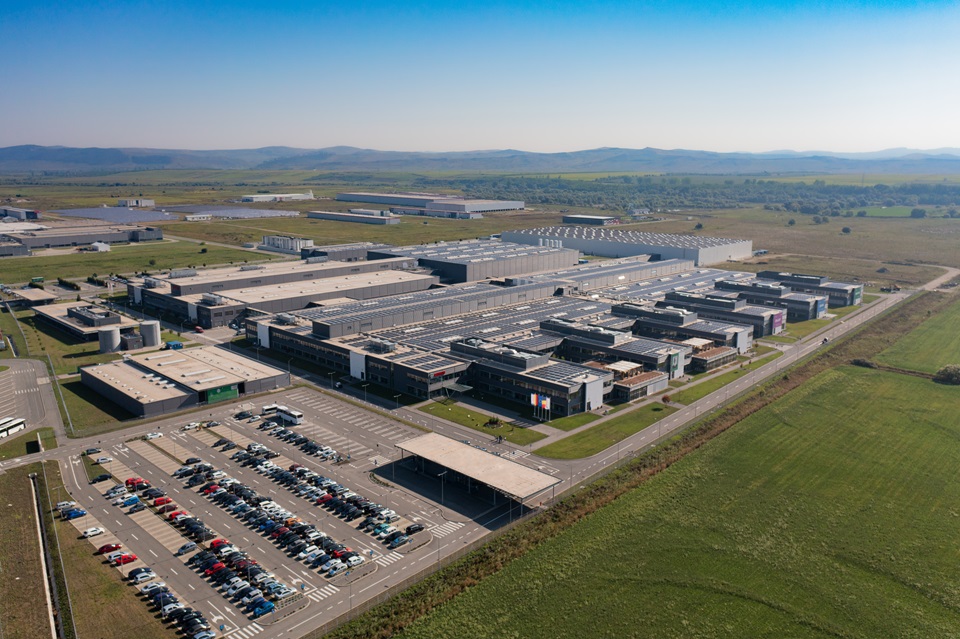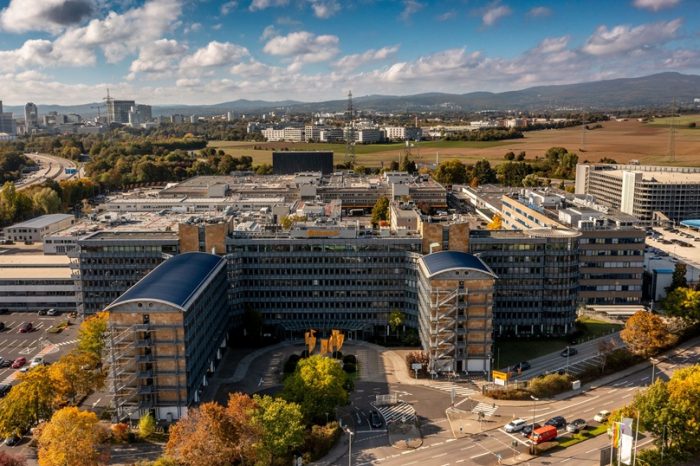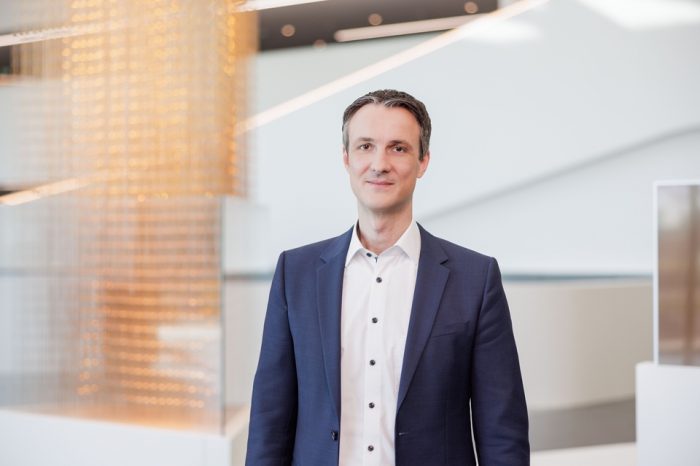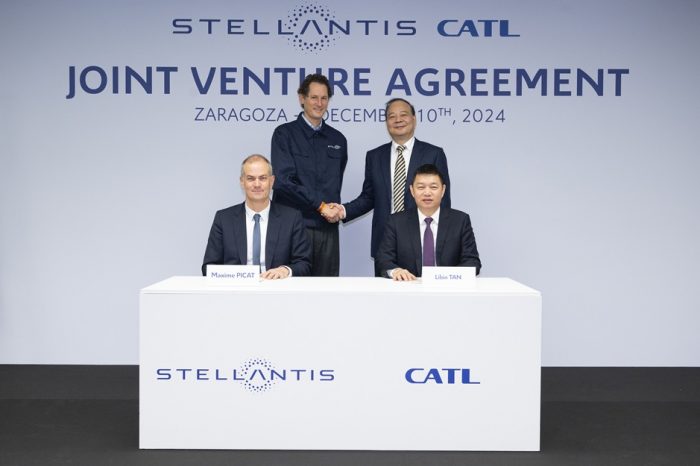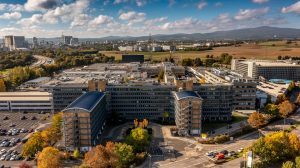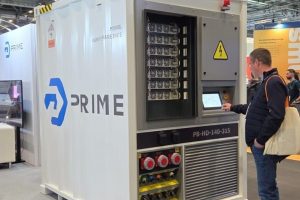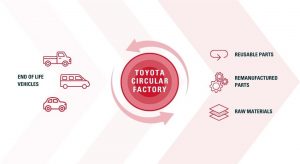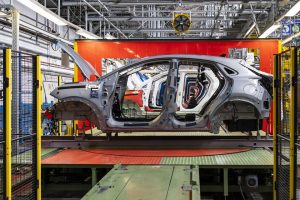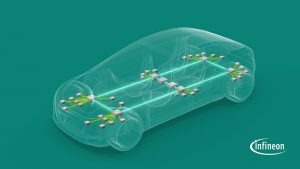INTERVIEW Mihai Boldijar, Bosch: “New technologies are reimagining urban mobility by integrating automated systems that enhance safety on the roads”
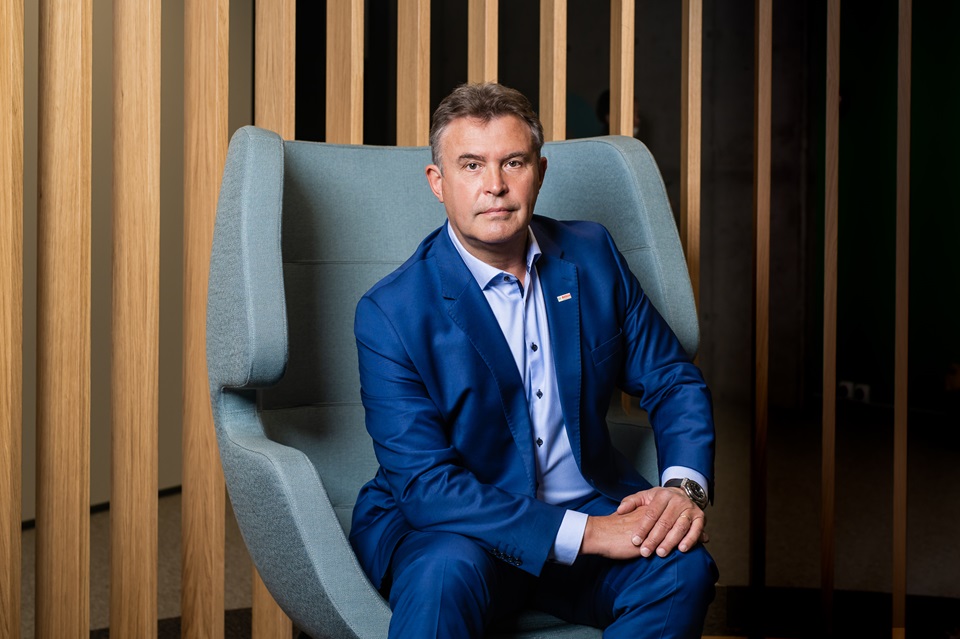
“Bosch’s locations in Romania have undergone continuous transformation and expansion, as has the automotive sector in Romania. Blaj, Jucu and Cluj are examples of this growth, that is possible thanks to numerous investments. The most recent, from 2023, reached approximately 72 million euros mainly in these facilities. This investment not only helped the facilities in question, but the implementing process of new and cutting-edge technologies support the automative industry transformation in Romania,” Mihai Boldijar, Vice President Region Romania Bulgaria, Managing Director Robert Bosch SRL, told Automotive Today.
“Bosch has played a key role in the Romanian automotive industry over the past three decades, not only through the direct contributions of our facilities but also by supporting the growth and development of local partners. Since entering the market in 1994, Bosch has continuously invested in Romania, establishing partnerships with distributors and local suppliers, strengthening the country’s automotive sector.”
The automotive industry is undergoing profound changes driven by new legislation focused on creating a more sustainable future. How does Bosch envision the evolution of this sector?
“For Bosch the transformation of the automotive industry is both fundamental and inevitable, being driven by a global need to minimize emissions and adopt cleaner energy solutions. Our approach is one that pushes us to support a broad range of innovative solutions, and thus contribute effectively to the industry’s transformation process. In this direction we are looking on one hand at electromobility sector, and on the other at hydrogen technologies. Regarding mobility, new technologies are reimagining urban mobility by integrating connected and automated systems that enhance safety and efficiency on the roads. Our engineering centers, such as the one in Cluj, continuously innovate in response to new environmental demands, ensuring that Bosch is positioned at the forefront of green mobility solutions. At the same time, we are investing in other elements, like hydrogen, recognized by Bosch as a clean energy solution with immense potential for specific segments of the automotive and transport industries. We are aiming for a complex approach as we don’t necessarily believe in a single solution for the effort to steer towards a more sustainable future, and are committed to driving sustainable, diverse, and technologically advanced mobility for the future.”
What are Bosch’s main activities when it comes to hydrogen technologies?
“Bosch recognizes hydrogen as a key element in the path toward a climate-neutral future, which is why we are actively involved in creating and implementing hydrogen-based technologies, aiming to support the development of an alternative mobility solution. The interest is visible through Bosch’s annual investments in hydrogen technologies, which reached approximately 500 million euros. These investments are visible in fuel cell systems for commercial vehicles and other areas. Mobile fuel cells are now in series production and offer a zero-emission alternative for high-demand applications. Additionally, we are developing hydrogen engine components and systems. But beyond mobility, our hydrogen strategy includes the development of stationary applications, which are suited for providing decentralized energy solutions in urban districts, data centers, and industrial buildings.”
What innovations and technologies have Bosch introduced across its Romanian locations to enhance their operations and drive progress in the automotive sector?
“Bosch’s locations in Romania have undergone continuous transformation and expansion, as has the automotive sector in Romania. Blaj, Jucu and Cluj are examples of this growth, that is possible thanks to numerous investments. The most recent, from 2023, reached approximately 72 million euros mainly in these facilities. This investment not only helped the facilities in question, but the implementing process of new and cutting-edge technologies support the automative industry transformation in Romania. For example, our first factory was opened in 2007 in Blaj, as the first Bosch production site in Romania, and has experienced visible growth since. It was originally focused on industrial technology but has since expanded its scope to become a key supplier of automotive components. The factory’s capabilities have been enhanced in 2023 with new systems and robotics, allowing for high-volume manufacturing. As a result, the Blaj site now produces a wide array of high-quality automotive and industrial technology.
At Jucu, we are operating a production facility for electronic control units essential to both electric and hybrid vehicles. This plant combines automation and digitalization to meet the specific demands of the automotive industry, ensuring quality in every component. The Bosch Engineering Center in Cluj, established in 2013, evolved into one of Bosch’s core R&D facilities for the automotive industry. Over the years, the center has grown significantly in both capacity and capabilities, with recent investments supporting new facilities and advanced laboratories. The Cluj center now drives innovation in fields like automated driving, electric mobility, and hydrogen technology, employing complex software solutions, cloud-based systems, and advanced connectivity to support Bosch’s global mobility efforts. And our investments don’t stop at increasing the level of production or creating new technologies. We invest in our factories to also help move the needle towards a more sustainable future. For example, at our factory in Blaj, the recent investments in the heating system, light automatization, and air compression technology, has helped the unit to exceed the internal energy consumption reduction target, with a total reduction of 1.854 MWh. Similarly, through investment in solar panels and the heating system, the Jucu facility managed a 60% reduction of local gas consumption in 2023. Each expansion and technological upgrade, not only improves our products, but also brings us closer to a more sustainable future.”
How has Bosch supported the development of local partners and the automotive industry in Romania as a whole?
“Bosch has played a key role in the Romanian automotive industry over the past three decades, not only through the direct contributions of our facilities but also by supporting the growth and development of local partners. Since entering the market in 1994, Bosch has continuously invested in Romania, establishing partnerships with distributors and local suppliers, strengthening the country’s automotive sector. Through programs like Bosch Car Service, local partners became members of our global teams, having the opportunity to offer high-quality, globally recognized automotive services. And this is seen in our divisions, such as Mobility Aftermarket, that offers quality products to our strategic distributors though our loyalty program, eXtra. As such, in 2023 the division has reached new record sales in Romania. We are constantly trying to support local suppliers, offering them cutting-edge technology and know-how and thus contributing to economic growth.”
Bosch recently marked 30 years in the Romanian market. Reflecting on this milestone, how has the company’s automotive sector evolved over the past three decades, and what does the future hold for Bosch in this industry?
“Bosch has significantly advanced its role in Romania’s automotive sector, and we, as a team, are pleased and grateful for this. Bosch has evolved to becoming a central piece of Romania’s automotive industry. Over the decades, our sites in Blaj, Cluj and Jucu have become key centers for Bosch’s automotive production, research, and development efforts, with each facility contributing to global advances in the automotive industry. As we look to the future, we want to continue what we have started and are dedicated to maintaining our growth, whilst contributing to a more sustainable future. But the most important aspect is that we are dedicated on developing further the strong partnership with the Romanian society because we strongly believe that education and local communities are fundamental pillars of growth.”
